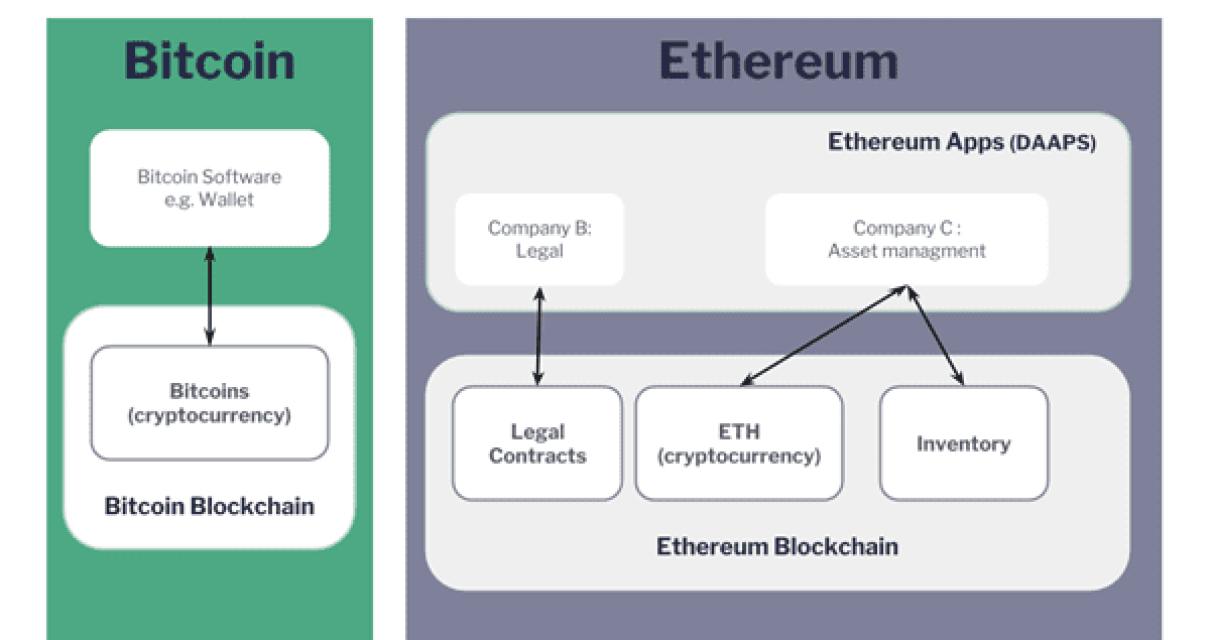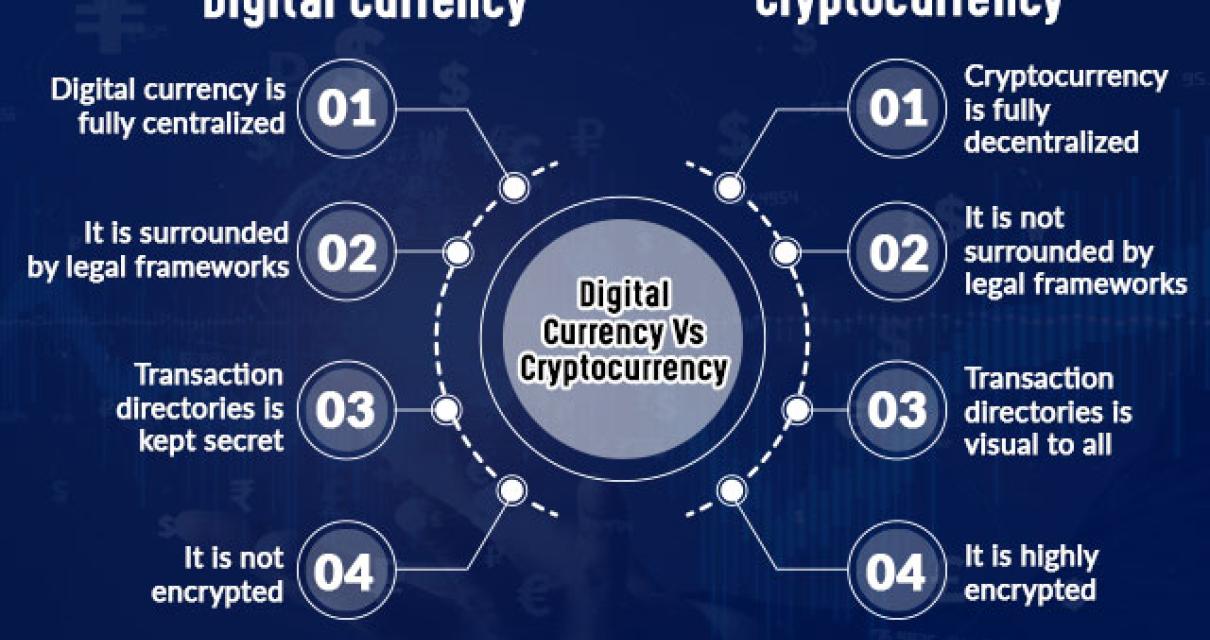What is the difference between blockchain and cryptocurrency?
Cryptocurrencies are digital or virtual tokens that use cryptography to secure their transactions and to control the creation of new units. Blockchain is a digital ledger of all cryptocurrency transactions. It is constantly growing as “completed” blocks are added to it with a new set of recordings. Each block contains a cryptographic hash of the previous block, a timestamp, and transaction data. Bitcoin was the first and most famous cryptocurrency.
How do blockchain and cryptocurrency work?
Cryptocurrencies work by solving a problem that has not been solved before. For example, blockchain is a database that stores information about every cryptocurrency transaction. Cryptocurrencies use cryptography to secure their transactions and to control the creation of new units. Cryptocurrencies are decentralized, meaning they are not subject to government or financial institution control.
What are the benefits of blockchain vs cryptocurrency?
One of the key benefits of blockchain technology is that it is decentralized, meaning that there is no single point of failure. This makes it more secure and efficient than traditional systems. Cryptocurrency also has a number of benefits, including the ability to quickly and easily transfer money between people without having to go through a central authority.
What are the disadvantages of blockchain vs cryptocurrency?
There are a few key disadvantages of blockchain technology when compared to cryptocurrencies. First, blockchain is not inherently digital, and as such can only be transferred between parties in a limited way. This makes it less convenient for use in cases where a large number of transactions are required (for example, in the context of a cryptocurrency).
Second, blockchain is not necessarily anonymous, and can be tracked and traced by parties who are interested in doing so. This could make it less desirable for use in cases where privacy is important (for example, in the context of a cryptocurrency).
Finally, blockchain is computationally intensive, which means that it requires a high level of infrastructure to support it. This could make it less desirable for use in cases where a low level of infrastructure is required (for example, in the context of a cryptocurrency).

What is the future of blockchain vs cryptocurrency?
The future of blockchain and cryptocurrency is still up in the air. While there are a number of companies and projects that are working on developing new blockchain-based applications, it is still unclear what the future of these technologies will be. Some experts believe that blockchain and cryptocurrency will continue to grow in popularity and become more mainstream, while others believe that they will eventually be replaced by new technologies. It is likely that we will see more developments in this area over the next few years, but it is hard to say exactly what will happen.

How can blockchain and cryptocurrency be used?
Blockchain technology and cryptocurrencies can be used for a variety of purposes, including:
-Distributed database: Blockchain is a distributed database that allows multiple parties to access and edit records without the need for a central authority. This makes it an ideal platform for a wide range of applications, including cryptocurrencies and other financial products.
-Transactional verification: Cryptocurrencies are used to make transactions more secure and anonymous. They are also used to verify the legitimacy of transactions and to prevent fraud.
-Distributed ledgers: Blockchain can be used to create a distributed ledger of all transactions that take place on the network. This makes it an ideal platform for tracking the ownership of assets and for recording contracts.
What are some examples of blockchain vs cryptocurrency?
Some examples of blockchain vs cryptocurrency are Bitcoin and Ethereum.
What is the history of blockchain vs cryptocurrency?
Blockchain technology was first conceptualized in 2008 by an anonymous person or group of people under the name Satoshi Nakamoto. Cryptocurrency was first developed in 2009 as a way to use blockchain technology to track and manage digital assets.

What is the definition of blockchain vs cryptocurrency?
Blockchain is a distributed database that maintains a continuously growing list of records, called blocks, which are linked and secured using cryptography. Cryptocurrency is a digital or virtual asset designed to work as a medium of exchange that uses cryptography to secure its transactions and to control the creation of new units.
What are some interesting facts about blockchain vs cryptocurrency?
Blockchain is a decentralized ledger of all cryptocurrency transactions. Cryptocurrency is a digital or virtual asset designed to work as a medium of exchange that uses cryptography to secure its transactions and to control the creation of new units.